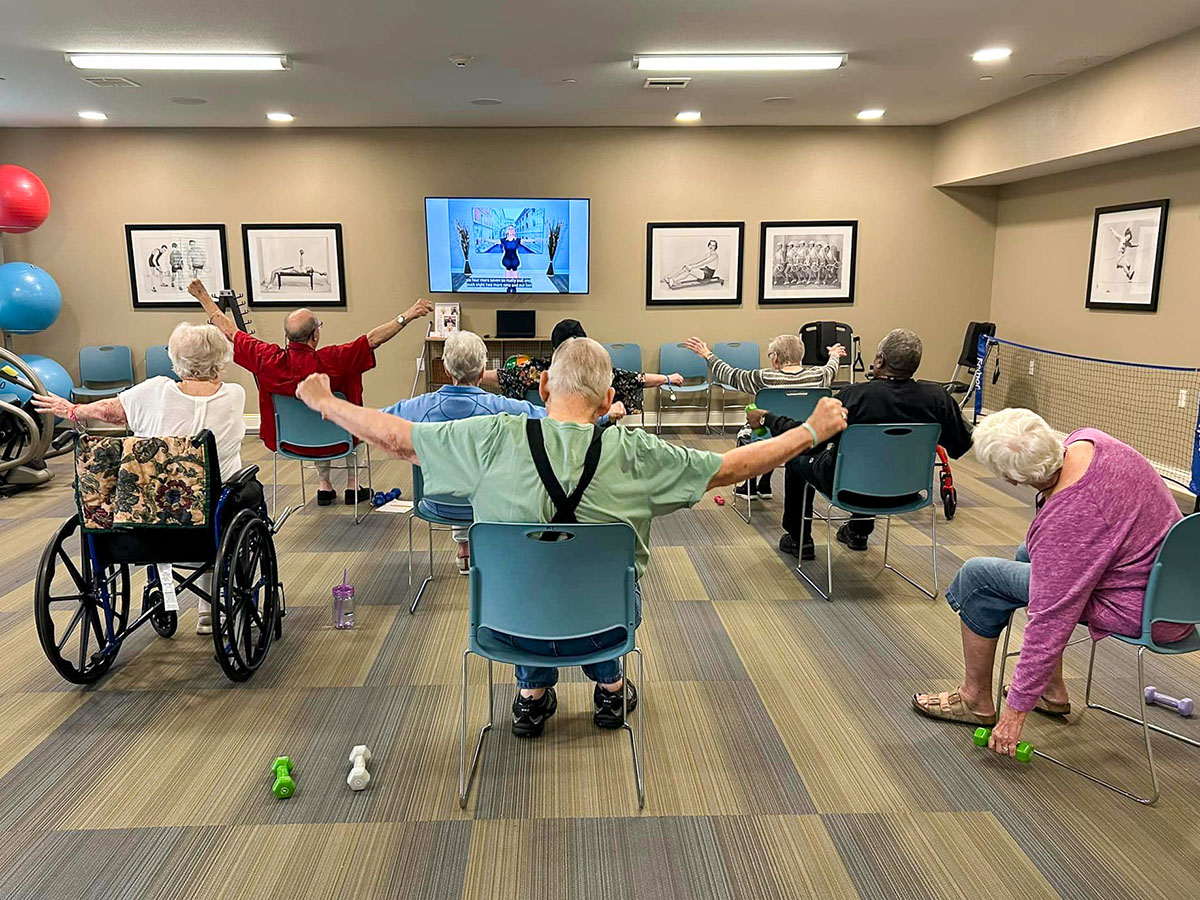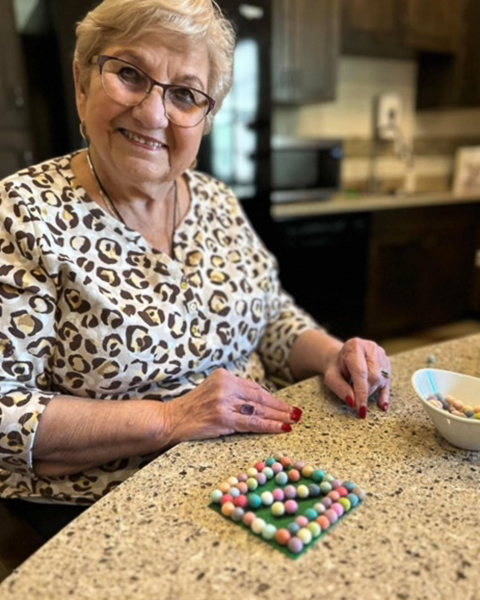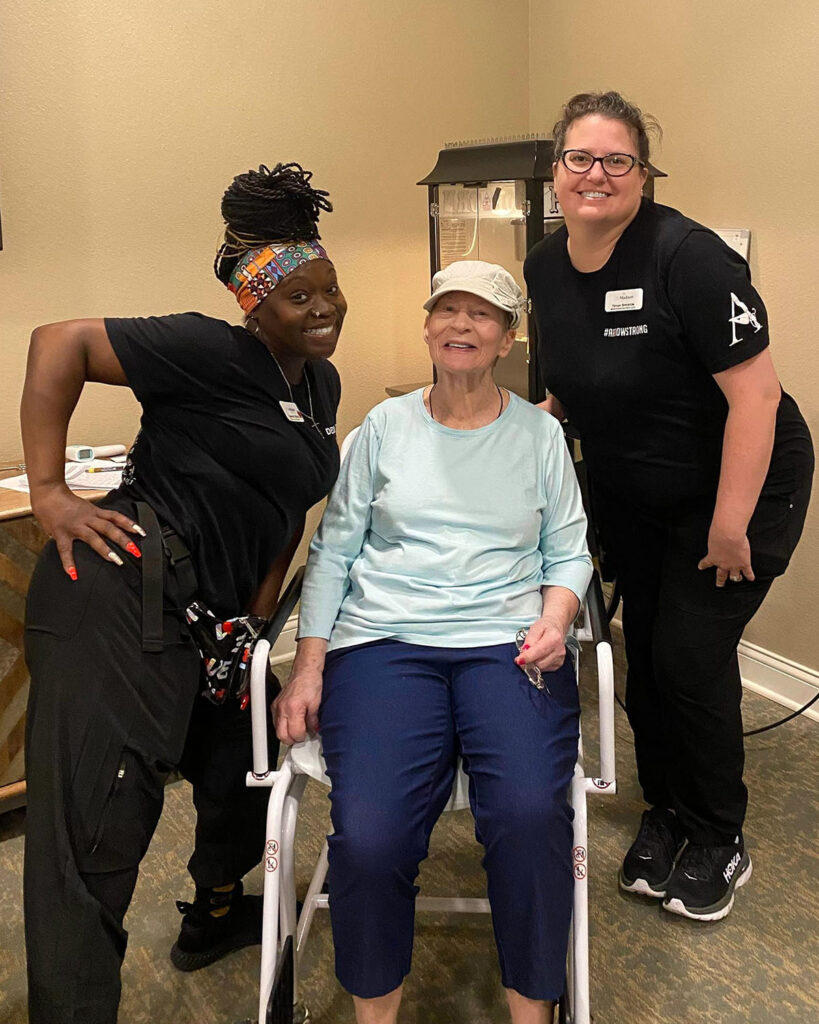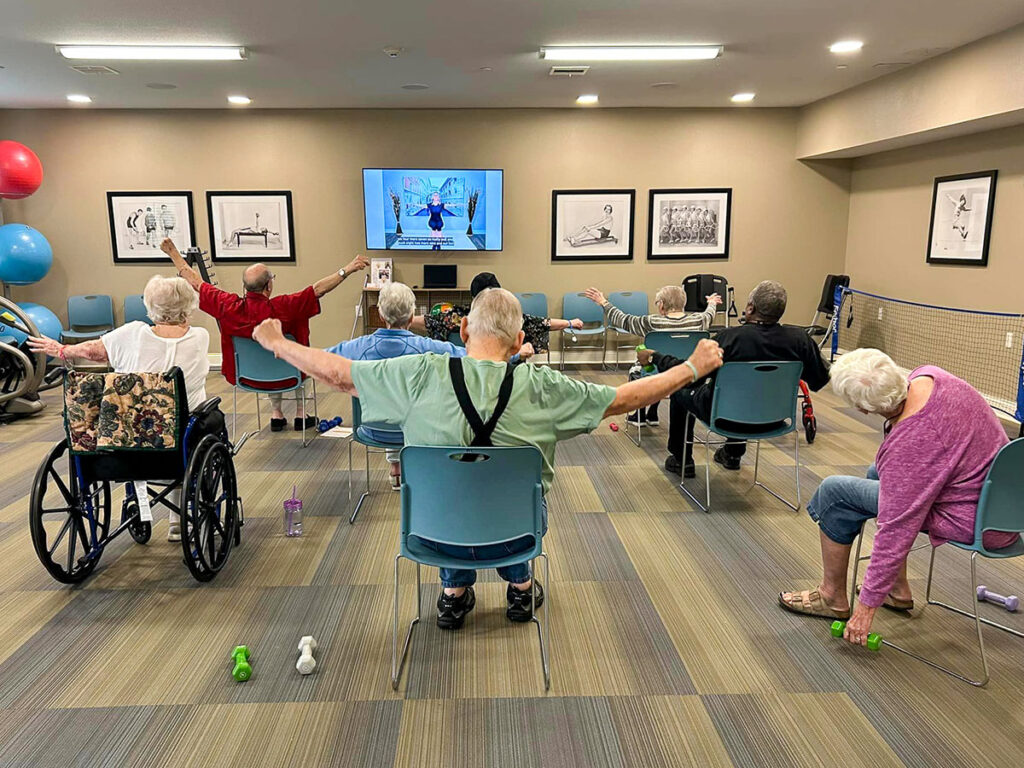
February 23, 2024
As the global population ages, it will bring both opportunities and challenges for senior living. The projected number of Americans aged 65 and older is expected to double from 46 million to over 98 million by 2060. It will be the first time in history the number of older adults outnumbers children under age five. In addition, older adults will live longer than ever before. One out of every four 65-year-olds today will live past age 90. These remarkable gains are due to improved public health, better nutrition, and better healthcare.
With many people now expected to live into their nineties or beyond, there will be many new challenges and questions to answer. Even though people are living longer, they are not necessarily living healthier. The nature of the assisted living prospect has changed dramatically over the past 15 years, with even greater changes to come. The senior living industry, including The Madison Senior Living, will need to consider ways to adapt to residents with more complex and extended chronic care needs.
Some ways to adapt to residents with more complex needs include additional staff training. Not only will staff need the skills to care for residents progressing in their disease processes, but they will also need to understand how to quickly identify changes in their condition. Being proactive in this effort will allow teams to provide the care the residents need precisely when they need it.
Third-party vendors will be crucial to helping our assisted living staff be proactive.
The following will be crucial for caring for a resident population:
These vendors provide resident-specific care needed to help older adults continue to thrive in the assisted living environment.



Some strategies to help us adapt to the aging population with more complex and extended chronic care issues include educating residents and family members.
Ways to promote healthy lifestyles and behaviors:
We may also facilitate coordination and collaboration among the healthcare providers involved in a resident’s care.
We can prepare and educate our staff to care for a population with more significant needs by developing hands-on training that explicitly addresses a population with greater needs. This can include training in geriatric care, chronic disease management, and specialized care for individuals with complex health conditions. It is essential to create a supportive work environment. This involves fostering a positive and supportive atmosphere that recognizes the challenges of caring for the aging population. Providing opportunities for staff to debrief, share experiences, and seek emotional support when needed is crucial for maintaining their well-being and resilience.
It is more important than ever to take a proactive approach when a change in condition occurs with a resident. To ensure our teams recognize even slight changes within residents, we must educate staff on common signs of decline. This may include changes in vital signs, cognitive decline, changes in behavior or mood, increased pain, decreased appetite, weight loss, or difficulty with activities of daily living. To ensure timely intervention, we must create an environment where staff feel comfortable reporting any concerns or changes they observe in the residents they care for.
Once a change is identified, the appropriate next steps are to determine the severity and urgency of the change. It’s essential to document the observed change in detail, including the date and time, specific signs or symptoms, and any other relevant information. After documenting, notifying the appropriate healthcare professionals and family members is crucial for timely intervention and support.
Caring for a sicker population in an assisted living setting is a challenging issue that requires a multifaceted approach. Aging in place is an important goal for an older adult and should also be a priority of the senior living industry. To meet this goal, we must ensure we can fulfill the needs of our aging residents.

The Madison Senior Living in Kansas City, MO offers independent senior apartments, assisted living, and memory care with a variety of services and a range of floor plan options. Amenities include restaurant dining, 24-hour bistro, concierge service, housekeeping, events and entertainment, personal care, transportation services, and more. Centrally located near St Luke’s South/ Menorah with convenient access to major shopping centers and attractions, including Top Golf, Park Place Shopping Center, Worlds of fun/Oceans of fun, Kansas City Zoo, Union Station/Crown Center, National WWI Museum and Memorial, and The Nelson-Atkins Museum of Art.
Arrow Senior Living serves and employs individuals of all faiths, regardless of race, color, gender, sexual orientation, national origin, age or handicap, except as limited by state and federal law.